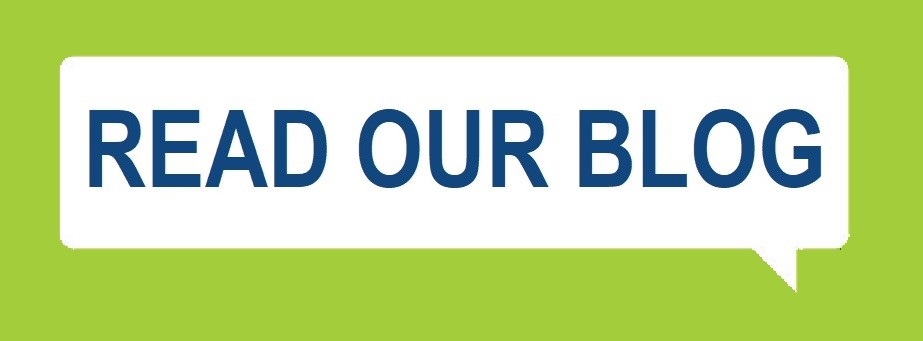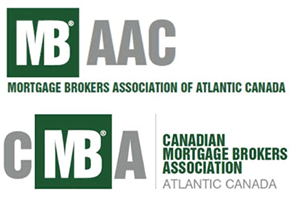
Is a Collateral Mortgage right for you?
March 21, 2024 | Posted by: Keith Leighton

What is a Collateral Mortgage?
A collateral mortgage is a type of mortgage where the lender secures the loan by registering it as a charge against the borrower's property. In essence, the property acts as collateral, which means that if the borrower fails to repay the loan as agreed, the lender has the legal right to seize the property to recover their losses through foreclosure. However, a collateral mortgage comes with its own set of advantages and disadvantages:
Advantages:
- Higher Loan Amounts: Collateral mortgages often allow borrowers to secure higher loan amounts compared to traditional mortgages. This can be beneficial for those needing substantial funds for purposes such as home renovations or debt consolidation.
- Flexible Borrowing: Collateral mortgages typically offer more flexibility in borrowing against the equity in your home. You can access additional funds without having to refinance your mortgage, which can save time and money in the long run.
- Lower Interest Rates: Since the loan is secured against your property, lenders may offer lower interest rates compared to unsecured loans or lines of credit.
- Consolidation of Debts: With a collateral mortgage, you can consolidate higher-interest debts (like credit card debt or personal loans) into your mortgage, potentially reducing your overall interest costs.
- Future Borrowing: Collateral mortgages often allow borrowers to secure additional borrowing in the future without incurring additional legal fees or registration charges.
Disadvantages:
- Limited Lender Options: Collateral mortgages tie you to your current lender for the entire term of the mortgage. This can limit your ability to switch lenders if you find a better deal elsewhere, potentially resulting in higher costs over time.
- Higher Fees: Collateral mortgages may come with higher upfront fees, including legal fees and registration costs, compared to traditional mortgages.
- Risk of Increased Debt: The flexibility of a collateral mortgage can lead to increased debt if not managed carefully. Borrowers may be tempted to continuously borrow against their home's equity, leading to higher overall debt levels.
- Potential Negative Equity: If property values decrease, borrowers with collateral mortgages may find themselves in a situation of negative equity, where the outstanding mortgage balance exceeds the value of the property.
- Less Flexibility in Refinancing: If you want to refinance your mortgage for better terms or to take advantage of lower interest rates, a collateral mortgage may be more complicated and costly to switch.
Before opting for a collateral mortgage, it's crucial to carefully consider your financial situation, long-term goals, and the specific terms offered by lenders to determine if it aligns with your needs and preferences. Consulting with a DLC Ideal Mortgage professional can also provide valuable insights and guidance.
